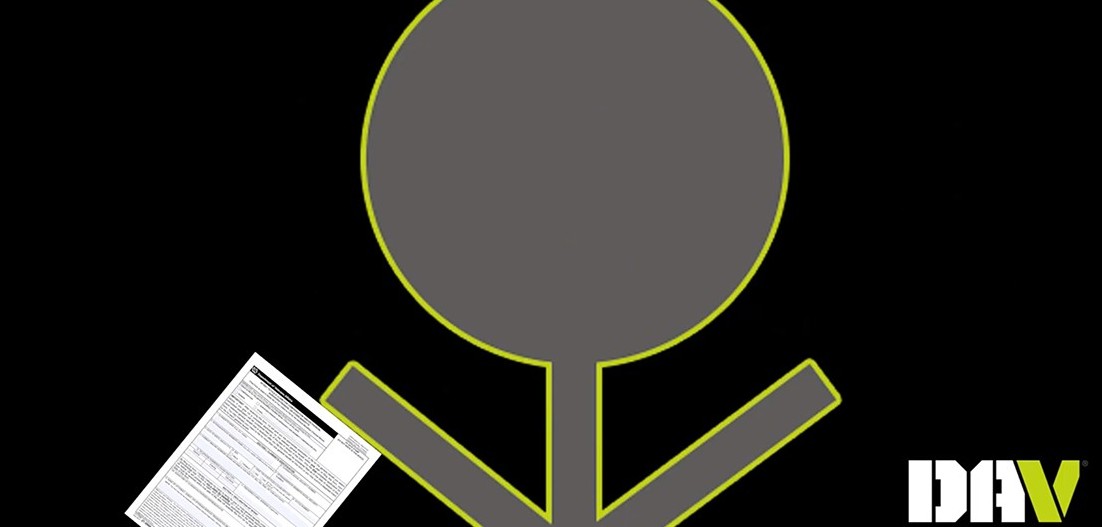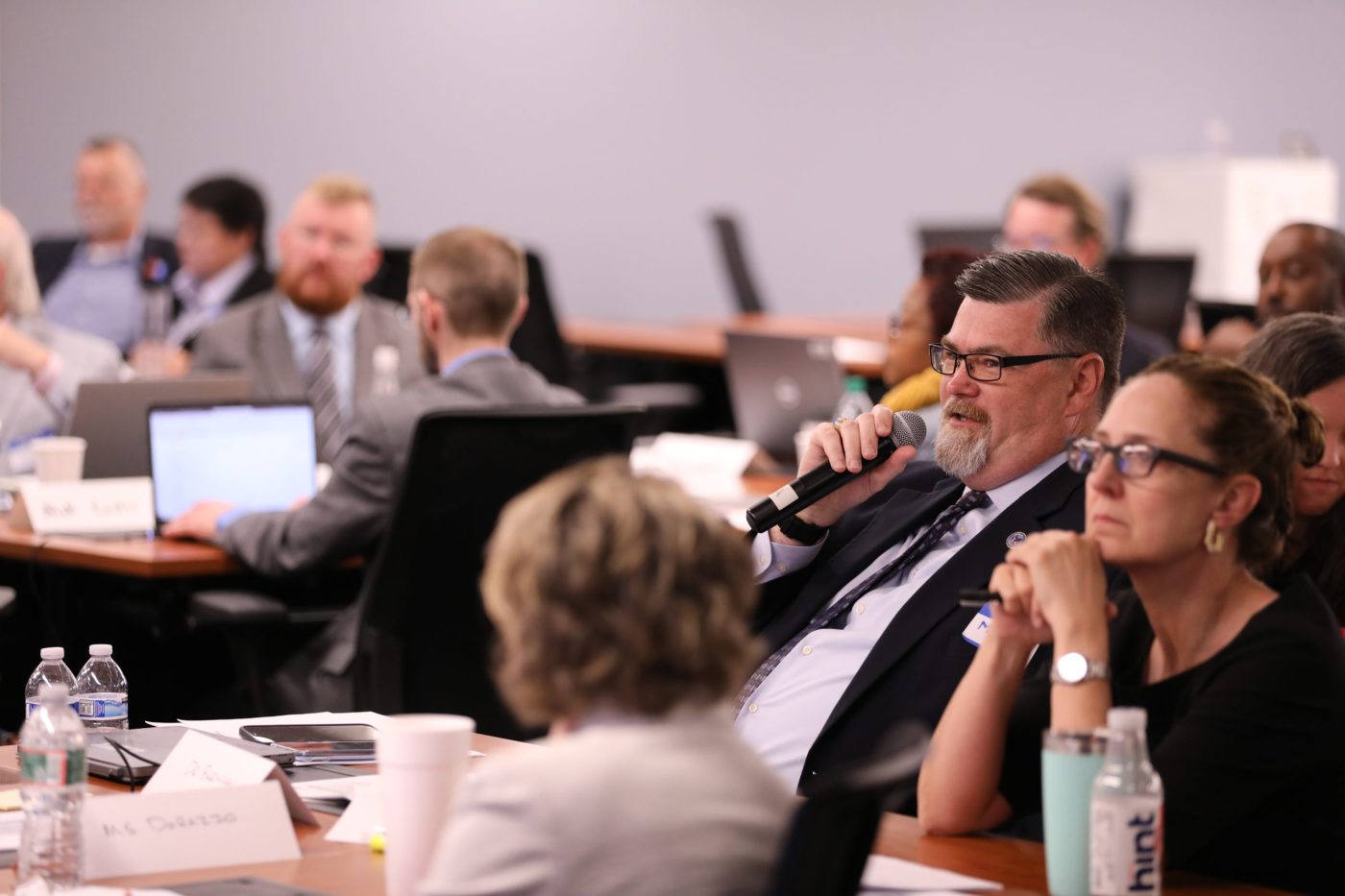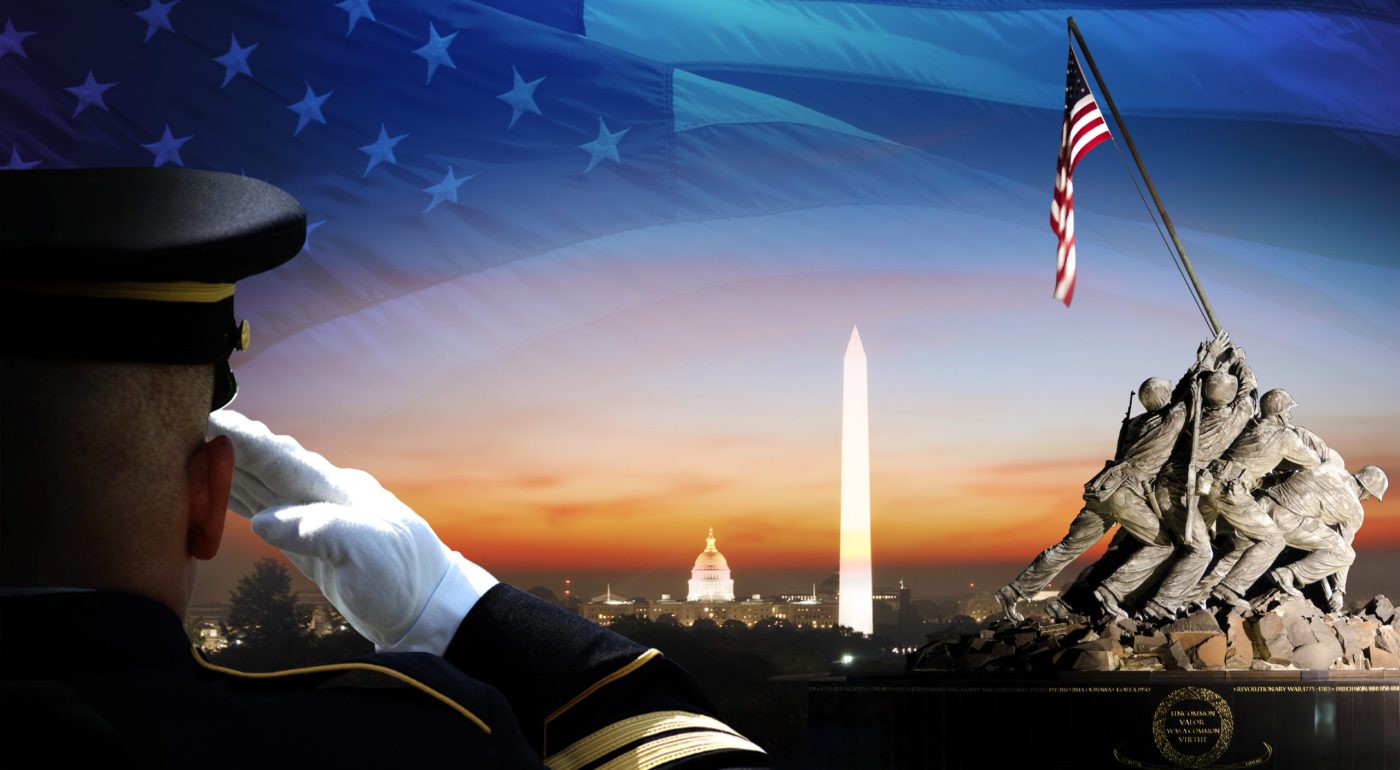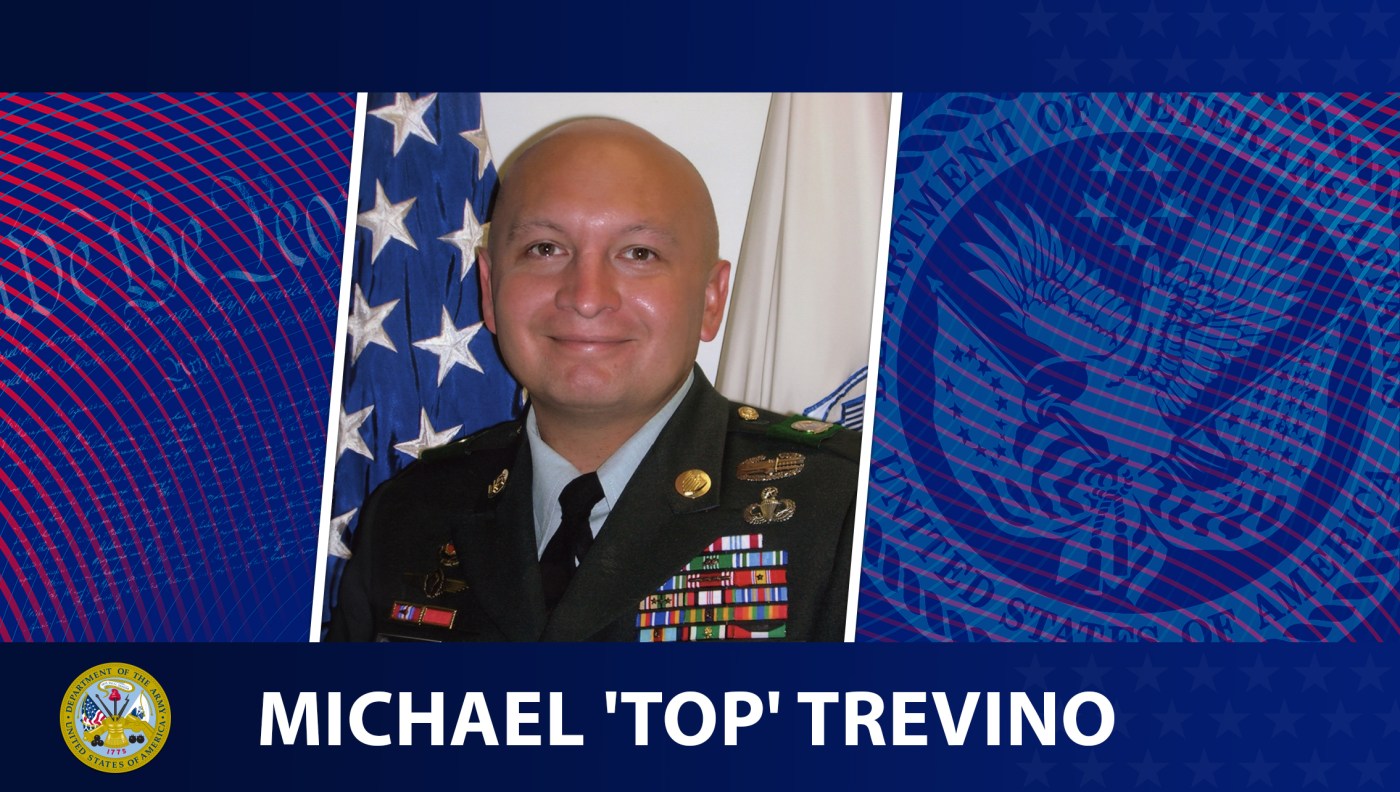Starting March 24, VA will improve the efficiency of the claims process by requiring Veterans to use standard forms for all claims and appeals. Gone are the days of starting a claim on scratch paper or napkins, and Veteran advocates and VSOs are applauding the move and getting the word out.
While the fastest and easiest way to initiate a claim is still eBenefits because the forms are built into the system already, groups are making it easy for their members to understand how this move will help them in the long run and where they can get the mandatory forms online.
In the simple, yet effective video below DAV explains why something as important as a claim should never be accompanied by a mustard stain.
MOAA also posted a blog detailing which forms should be used for particular claims with links to each VA form.
- For “informal claims”, veterans and survivors must now use VA Form 21-0966, Intent to File a Claim for Compensation and/or Pension, Survivors Pension, or Other Benefits.
- For disability benefits, applicants must now use VA Form 21-526EZ, Application for Disability Compensation and Related Compensation Benefits.
- To apply for needs-based pension, use VA Form 21-527EZ, Application for Pension.
- To file a claim for dependency and indemnity compensation (DIC), survivor’s pension, and accrued benefits, claimants should complete VA Form 21-534, Application for DIC, Death Pension, and/or Accrued Benefits.
- Veterans filing a Notice of Disagreement should use VA Form 21-0958, Notice of Disagreement.
If you’re already working on your claim with DAV, MOAA or another Veterans service organizations, be sure to touch base with your representative to see what this change means for you. For more on how standard forms and online tools can make it quick, easy, and convenient for you to state which benefits you’re seeking and submit the information required to process your claim or appeal, visit the Explore VA website.
Topics in this story
More Stories
Earlier this month, VA and the US Army Corps of Engineers (USACE) united for a joint summit to discuss strategic priorities for 2024-25, including reinforcing the commitment to enhancing the national medical construction program.
the NATIONAL MEMORIAL DAY CONCERT will air on PBS and stream nationwide on YouTube on Sunday, May 26, 2024 at 8:00 p.m. E.T.
In honor of National Park Service's National Park Week, this week's Honoring Veterans spotlight honors the service of Army Veteran Michael Trevino, who today works as a facility manager at Reconstruction Era National Historical Park.







Dave, while fully developed claims offer Veterans and survivors faster decisions from VA on compensation, pension, and survivor benefit claims, there is an “Intent to File” process available. If a Veteran needs additional time to file a claim for disability compensation, pension or survivors’ benefits and wishes to preserve a date of claim while gathering evidence and completing the application, there are four methods to communicate an intent to file a claim to VA – from working with a VSO, to filing a one page form, to making a phone call. Read more about them on the Explore VA website at http://explore.va.gov/intent-to-file.
Megan, it’s true there are four methods of filing an “intent to file” a claim. Three of them again involve a requirement for computer access (one by a VSO Rep, which shouldn’t be a problem). All four, though, start a one-year clock on the veteran to complete any evidence gathering needed to be able to file the rest of his or her claim, which puts him or her back into the original problem of needing to access the new computer files and submit everything electronically. As you mentioned, the VA’s intent is for the veteran to use that time gathering evidence, which the VA is currently responsible for helping the veteran collect – no matter how long it takes. Homeless veterans, or even veterans who lack the financial resources to have access to high-speed Internet, fax machines, scanners, even personal telephones and such, simply can’t meet these sorts of modern technological requirements. VA’s imposition of them effectively shuts these veterans out of being able to handle and process their own claims and claim management, no matter how much easier, faster, or simpler it is for the VA.
I do agree with your statement that a Fully Developed Claim will only “offer” faster decisions to veterans, not necessarily provide faster decisions. My two most recent claim experiences, one from 2008 and one from 2010, are my references here. The 2008 claim resulted in a complete denial of 8 claim elements in just a little over 2 years. I have no idea how much of that time was spent gathering the evidence I asked for help in gathering, because the decision did not state what evidence was used in making the decision. The resultant DRO “de novo” review took a little over 4 years to complete, didn’t give me the opportunity for an informal hearing with the DRO, despite my request for one, and again denied all 8 claim elements plus 4 additional claim elements submitted in the intervening years. The statement of the case (SOC) alluded to the fact the DRO had at least reviewed my VA treatment records and one piece of the dozens I had submitted, but nothing else about what evidence had been used. This put me into the years-long BVA appeal line, although my appeal was returned for lack of timeliness, because someone used the wrong date for determining the start of the 60-day clock. They used a date the SOC was supposedly completed, which was 58 days before the letter notifying me of the DRO decision and sending me the SOC was even written. So now I’m in the line submitting an NOD for the timeliness decision just to try and get back into the BVA appeals line, where I was before.
So to think that just because you have gathered all the evidence you believe is necessary to prove your claim will provide a faster or more accurate decision from VA is just another pipe dream. I know some people get good decisions on their claims that they are quite satisfied with, and I am very happy for them. It’s great when the system works as it’s intended. In my case, it has not. I have a doctorate, 38 years of military and government service, and have all the electronic equipment and high-speed Internet we talked about before. I should be able to figure all this out and understand the system well enough to manage my claim through the VA’s system. But I’m also struggling with a disease (Gulf War Illness or CMI or MUS or whatever the VA is calling it this month) that taxes my cognitive abilities, wracks my body with constant pain, and more. iI I’m having this much trouble and have become this frustrated with the process, how must someone without all those resources and without the educational background and experience I have be able to cope?
It’s no wonder our veteran suicide rate is so high. With enough problems of our own and the one place we are supposed to be able to look to for help not just turning their backs on us, but kicking us while we are down, there seems to be little cause for hope left some days.
It doesn’t matter how much people try to get the word out, not everyone will get it. Not everyone will be able to comply with this unilateral move by the VA to force all veterans into a format that will simplify the process for the VA, make the process faster for the VA, and make everything easier for the VA. It will NOT be simpler, faster, or easier for many, or even most, veterans. Your goal is to get veterans to do all the work to build a fully developed claim before they submit it to you, saving the VA all the time and effort of supporting the veterans with their claims. That also delays the veterans’ filings until they collect all the evidence themselves so the VA won’t have to pay back pay for the periods of their own delays. It’s a sneaky ruse to avoid having to compensate veterans for VA’s own ineptness.
Put as much lipstick as you want on this pig, but it will still be a pig. Just another way to give the VA an advantage over veterans in a process the VA has already turned from what was supposed to be a collaborative, helpful role into an adversarial, gatekeeper role that starts with automatic denial and puts the burden of proof entirely on veterans, most of whom have no knowledge of the how the medical system or the VA system functions, and who are not even familiar with most of the terminology. It’s an unlevel playing field and VA just wants another advantage. It’s unfair and goes against the very purpose, intent, and spirit of the VA compensation program.